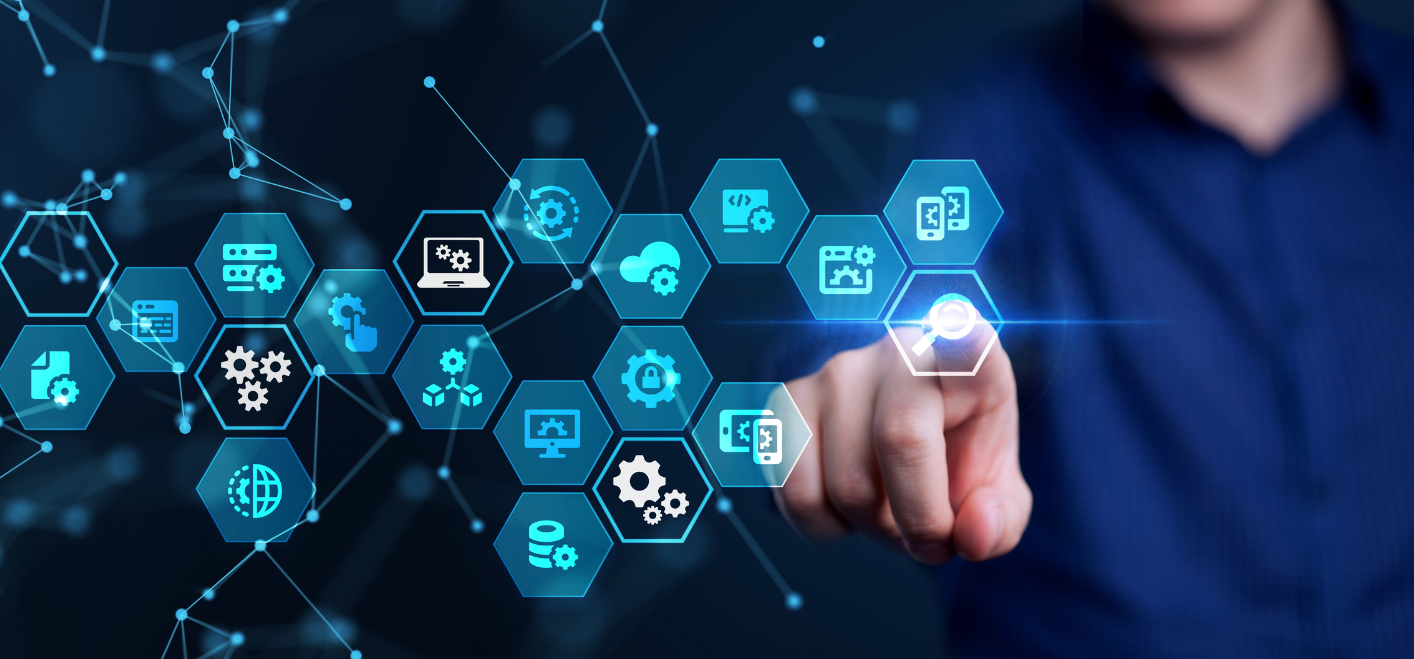2022 was like a roller coaster ride for hiring where we see at the beginning of the year, economies starting to open up and an influx of open roles but the year ended with news of retrenchment and restructuring.
Hopefully, this new year, 2023 will be different and much better.
If you are thinking of venturing into another area in the tech space and want to move to a “failsafe” domain that will hang around the next couple of years, here are five technologies that we feel would shape 2023.
1. Artificial Intelligence (AI) and Machine Learning (ML)
Not new to some of you but for the uninitiated, AI has evolved quite a bit and will continue to.
At its core, AI refers to the simulation of human intelligence in machines that are programmed to think and learn like humans. It encompasses a wide range of technologies and techniques, including ML. ML, on the other hand, is a subset of AI that involves the development of algorithms and statistical models that allow computers to improve their performance with experience. It involves feeding large amounts of data into the model, which then uses this data to learn and make predictions or take actions without being explicitly programmed. There are different types of ML, including supervised, unsupervised, and reinforcement learning.
It is adapted into many areas now, including security, analytics, healthcare, gaming, recruitment and recently even matchmaking.
Essential Technical Skills/Tech Speak Required:
Programming, Data Engineering, Data Science, Unsupervised or Supervised Algorithms, Software Engineering, Cloud Computing, and Natural Language Processing
2. Data Analytics
Again, not “shiny” new but greatly evolved since the early days of BI. At its core, Data analytics is the process of examining, cleaning, transforming, and modeling data with the goal of discovering useful information, drawing conclusions, and supporting decision-making. It involves using techniques from statistics, computer science, and machine learning to extract insights from data. Data analytics can be applied to a wide variety of fields, including business, finance, healthcare, and social science. Some common data analytics tasks include data engineering, visualization, data mining, and predictive modeling.
Essential Technical Skills/Tech Speak Required:
Programming, Data manipulation & cleaning, Data visualization, Understanding of ML algorithms, and Domain expertise for data-driven business insights
3. Robotic Process Automation
We have seen the rise of RPA in adoption since 2019 and it is a technology that allows software robots to emulate the actions of a human user interacting with digital systems. It can automate repetitive, rule-based tasks across multiple systems, reducing errors and increasing efficiency. RPA can be used in various industries, such as finance, healthcare, and customer service, to automate tasks such as data entry, processing invoices, and handling customer inquiries. RPA is a cost-effective and efficient solution for businesses looking to improve their operations.
Essential Technical Skills/Tech Speak Required:
Programming, Software development, Data Analytics, Database management, Understanding of business processes and operations, and excellent problem-solving skills.
4. Cybersecurity
We usually look at this space as a benchmark of how good/bad the market is. This evergreen area is the min spent on IT from my POV. At its core, Cybersecurity refers to the practice of protecting internet-connected systems, including hardware, software, and data, from attack, damage, or unauthorized access. This includes measures such as firewalls, encryption, and secure password policies, as well as regular software updates and backups. The goal of cybersecurity is to maintain the confidentiality, integrity, and availability of information by preventing, detecting, and responding to cyber threats. Having a career in this space seems a safe bet.
Essential Technical Skills/Tech Speak Required:
Networking, Operating Systems, Firewalls & Security Protocols, Security & Risks assessment, and Problem-solving skills.
5. Edge Computing
Edge computing refers to the practice of processing data closer to the source of the data, rather than sending all the data to a centralized location for processing. This allows for faster processing and reduced latency, as well as improved security and reduced dependence on Wide Area Network (WAN) connections. Edge computing is often used in IoT applications, where devices are spread out over a large area, and sending all the data to a central location for processing would be impractical.
Essential Technical Skills/Tech Speak Required:
Networking concepts such as IP addressing, subnetting, routing & security protocols, IoT & Embedded systems, Programming, Distributed systems, Could Computing, Data Analytics, and Cybersecurity.
Upskill, reskill, or simply learning something totally new, that is entirely up to you. In this day and age, you can almost teach yourself anything you want. The new year can be our chance to start over or simply become a better version of ourselves - maybe, even our best self yet.

